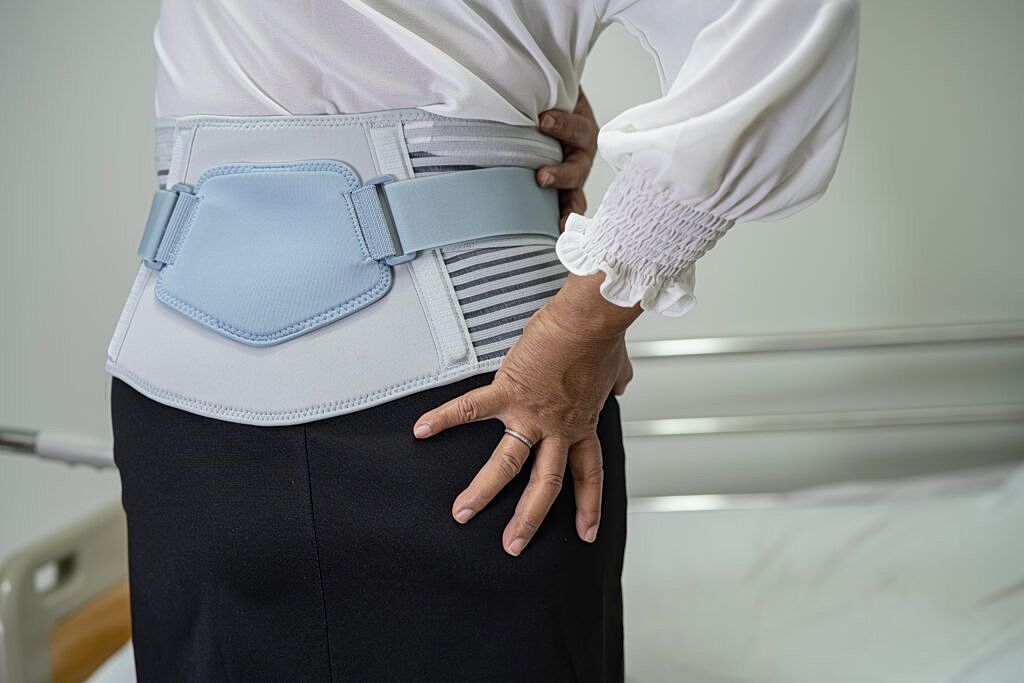
As a spine surgeon, I frequently encounter patients whose daily lives are disrupted by chronic back pain or spinal instability. For many of these individuals, lumbar fusion surgery offers a viable solution to alleviate pain and restore function. This procedure can address specific spinal conditions that conservative treatments cannot resolve. Understanding what lumbar fusion surgery entails, when it is necessary, who can benefit, and what to expect during recovery is crucial for anyone considering this option.
The primary goal of lumbar fusion surgery is to restore spinal stability, alleviate nerve compression, and improve overall function. The procedure involves permanently joining two or more vertebrae in the lower back to stabilize the spine. This is achieved by eliminating motion between the affected vertebrae, which helps reduce pain and prevent further damage. The surgery typically involves using bone grafts, along with rods and screws, to secure the vertebrae in place while they fuse naturally over time.
Advancements in surgical techniques now allow some lumbar fusion procedures to be performed using minimally invasive methods. These techniques reduce the size of the incision, minimize tissue damage, and promote faster recovery.
Lumbar fusion surgery is not the first line of treatment for back pain. It is generally reserved for cases where other approaches, such as physical therapy, medications, or injections, have failed to provide relief. This surgery becomes necessary when the underlying issue involves structural instability or significant nerve compression.
Common conditions that may require lumbar fusion surgery include:
The decision to proceed with lumbar fusion surgery is made after careful evaluation, including imaging studies such as X-rays, MRIs, or CT scans, and a thorough discussion of the patient's symptoms and treatment history.

Not everyone with back pain is a candidate for lumbar fusion surgery. Ideal candidates typically meet the following criteria:
It's important to note that a comprehensive evaluation by a spine specialist is essential to determine whether lumbar fusion surgery is the right choice. Factors such as age, activity level, and the severity of the condition are considered when making this decision.
Recovery from lumbar fusion surgery requires patience and commitment, as the body needs time to heal and adapt to the changes in the spine.
Most patients spend one to three days in the hospital after lumbar fusion surgery. During this time, pain is managed with medications, and patients are encouraged to start moving as soon as possible to reduce the risk of complications, such as blood clots. Physical therapists may begin guiding patients through gentle movements to promote circulation and prevent stiffness.
Once discharged, patients transition to recovering at home. Specific instructions typically include:
Physical therapy is crucial for a successful recovery, helping patients rebuild strength, flexibility, and mobility. Exercises focus on stabilizing the spine and surrounding muscles. Most patients can return to desk jobs within six to eight weeks, while those with physically demanding jobs may require more time.
Full recovery and bone fusion may take six months to a year, depending on individual factors. Regular follow-ups with the surgeon are necessary to monitor progress and address any concerns.

Choosing the right surgical team is one of the most important decisions when considering lumbar fusion surgery. At the Institute for Comprehensive Spine Care, we are committed to providing exceptional care tailored to each patient's unique needs. My team combines years of expertise with state-of-the-art technology to deliver outstanding outcomes for spinal conditions.
Our personalized approach to care starts with a thorough evaluation and detailed discussion of your condition and goals. Whether you require minimally invasive techniques or traditional surgery, our focus is always on safety, precision, and achieving the best possible results. Beyond the operating room, we provide comprehensive support during your recovery, including access to physical therapy and ongoing monitoring to ensure your progress.
If you're struggling with chronic back pain or spinal instability, there's no need to endure it any longer. Contact the Institute for Comprehensive Spine Care to schedule a consultation and take the first step toward improved health and mobility.
Lumbar fusion surgery permanently joins two or more vertebrae in the lower back, stabilizing the spine and reducing pain caused by movement or instability.
This surgery is recommended when conditions like degenerative disc disease, spinal stenosis, or spondylolisthesis cause severe symptoms that don't improve with non-surgical treatments.
Ideal candidates have chronic back or leg pain, confirmed structural issues on imaging, and no relief from physical therapy or medications. They should also be healthy enough to undergo surgery.
Initial recovery typically takes 6-8 weeks for light activities, with full recovery and bone fusion taking 6 months to a year, depending on the individual.
Recovery includes a short hospital stay, activity restrictions, wound care, and physical therapy to rebuild strength and mobility. Regular follow-ups are essential to monitor healing.
It is commonly used to address degenerative disc disease, spinal stenosis, spondylolisthesis, severe scoliosis, and spinal fractures or trauma.
No, some cases can now be done using minimally invasive techniques, which reduce incision size, tissue damage, and recovery time. Your surgeon will determine the best approach for you.
January 9, 2025
Dr. Gbolahan Okubadejo, MD, FAAOS is one of New Jersey's top spine surgeons and the head of The Institute for Comprehensive Spine Care. Dr. Okubadejo has been in practice for over 15 years. He received his undergraduate degree from Brown University in Providence, Rhode Island, and went on to receive a medical degree from the prestigious Johns Hopkins University School of Medicine in Baltimore, Maryland. He completed his internship and orthopedic surgery residency at Barnes-Jewish Hospital at the Washington University School of Medicine in St. Louis, and completed a spine surgery fellowship at the University of Pittsburgh Medical Center in Pittsburgh. Dr. Okubadejo completed his fellowship in 2008.